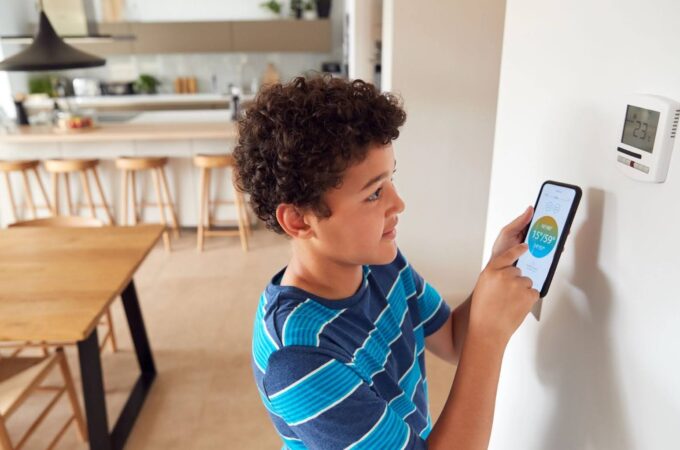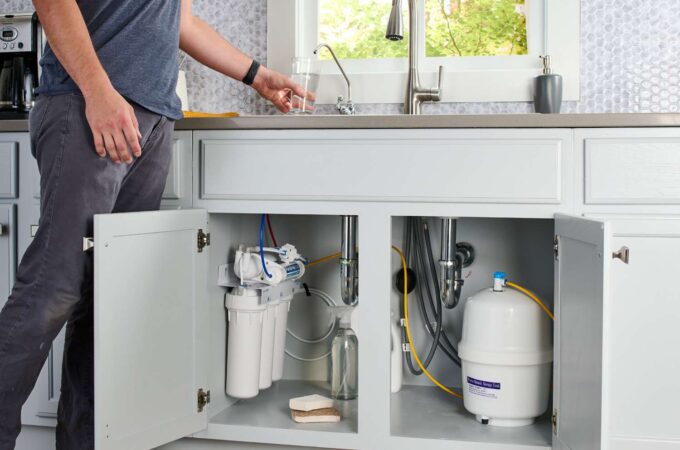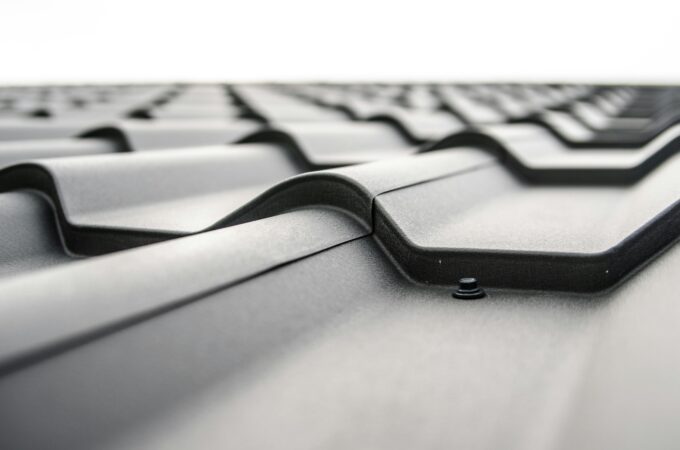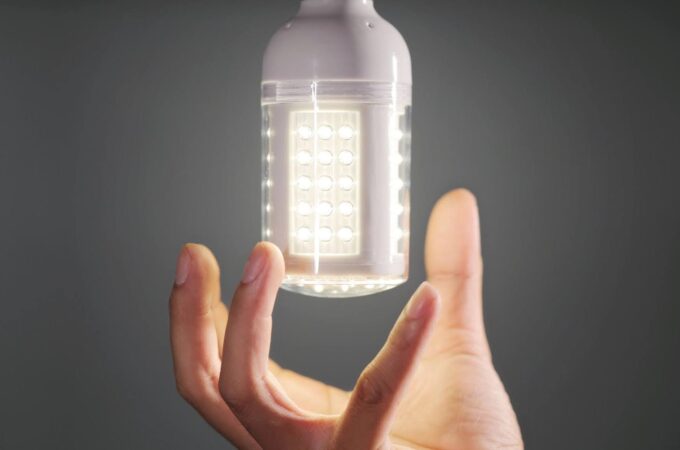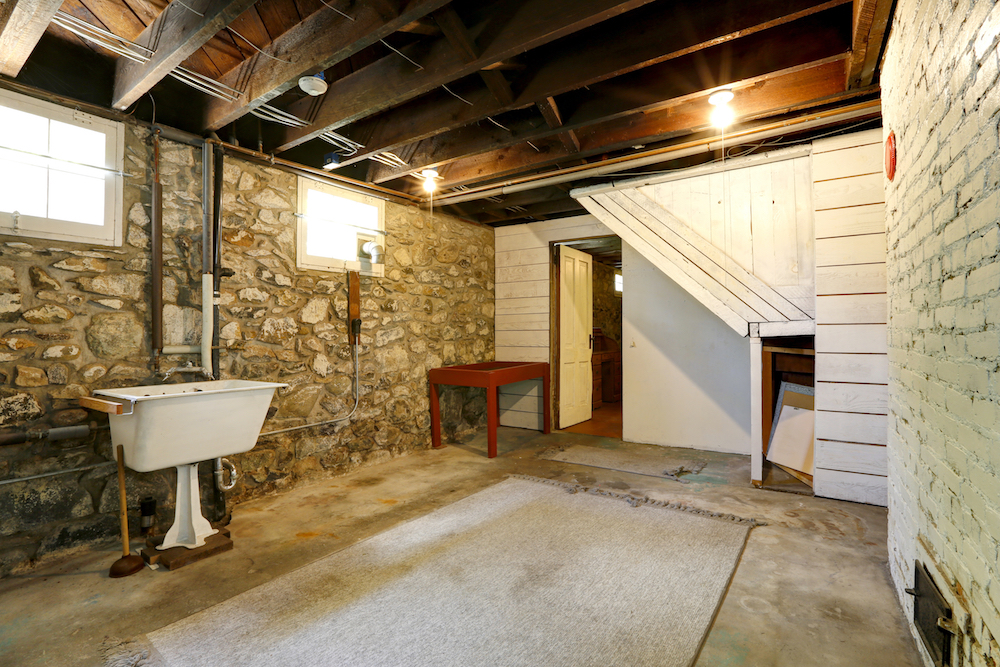
Tips To Keep Your Basement Dry Without Basement Waterproofing
Basements are the most difficult part of the house to manage and to keep it clean. When rain strikes or a flood comes or any other disaster happens that involves water, the basement of the houses is more prone to get flooded with water. However, there are certain precautions that you can take to keep your basement waterproof. Moreover, a damp basement leads to many problems including structural repairs and health risks. The dampness in the basement can cause moulds, mildew and fungus, other than that it poses some serious health risks including asthma and allergies.
Since basements are located undergrounds, the water level is frequently higher than the basement floor. Due to this reason if proper care is not taken and preventive measures are not applied then unwelcomed water will cost you a lot of trouble. Before you are witnessed with expensive structural repairs, there is still time to take help from some tips in order to keep your basement dry.
Following are the measures that you should apply now so that your basement does not witness unwelcome water and flooding.
1. Foundation of the house:
The important thing is to know that the slope of the ground runs away from the foundation of the house. The water accumulation around the foundation of the house is also caused by the landscaping around the house. Water also comes in through the foundation so any cracks or holes in the foundation will lead you to accumulate water in your basement. The cracks can be fixed by applying sealants, this will allow you to limit the water incomings without waterproofing the entire basement. However, you should always consult with the foundation experts in case there’s something more going on with your foundation.
2. Clean the gutters:
Another way to keep your basement dry is to clean your gutters and downspouts. As the water tends to slope towards the gutters and downspouts, if they are not cleaned enough then a blockage due to debris will cause the water to spill aside and it will then seep in the foundation of the house. Furthermore, if you do not have enough gutters and downspouts then consider installing new gutters which are at least 5 feet away from the house.
3. Insulation of water pipes:
During summers, the pipes in cold water can lead to condensation and sweating around the pipes. This condensation results in overall moisture in the basement which causes it to get damp. Insulating these pipes with foam is a great way to eliminate the condensation problem, they also absorb the water and resists it from dripping. These foam insulationsare inexpensive and is a great investment when it comes to protecting the basement.
4. Dehumidifier:
Since air has the tendency to move upwards around the house, this is the reason that basements remain humid and damp. A good way to control the moisture levels in the basement is to use a dehumidifier. The size of the dehumidifier depends on the size of the basement if one isn’t enough to use then use two. Higher humidity levels create moulds in the basement, however too low humidity levels contribute to the viruses. Check the humidity levels in your basement and endeavour to manage the levels between 30 to 50 percent.
5. Prevent humid air:
It is also better to avoid the incoming of humid air in your basement. In the humid weather try to keep the windows of the basement closed. Moreover, you can also eliminate humid air from the basement by sealing leaky dryer vents. The vents can be sealed with the help of foil tape, it will help in reducing the unwanted humid air in the basement.
6. Exhausts:
Make sure to install exhaust fans in the basement as well as in the basement bathrooms. The bathrooms and showers are the main purposes of increasing humidity levels in the basement. Installing exhaust fans and using them while having a bath will decrease the humidity to a great level. Also, open the windows in the summer season to let in the fresh air and for better ventilation.
7. Place rocks around the basement:
Rocks and gravels have the tendency to absorb moisture. It is extremely cheap and intelligent way to surround the basement with rocks and gravels. The foundation of the house will not be able to seep in the water, as these rocks and gravels will absorb the water before time.
8. Laundry:
As basements are commonly used for the laundry purposes, keeping the appliances as good as new is very important to limit any water leakage in the basement. Also, ensure that the dryer vents air to the outdoors and the washer and dryer are properly connected. Also do not use the basement to dry damp clothes, as it will contribute to the humidity levels in the basement. Dry the damp clothes outside on the sunny days.
9. Paint of the basement:
If the paint of the basement is peeling then this means that there are moisture and dampness in the walls of the basement. It is better to use water resistant paint in the basement so that it does not get affected by the moisture. The paint must be of high quality to ensure the longevity of the fine looking basement walls.
10. Holes and cracks:
Cracks and holes in the foundation of the house will let in the water to the basement. Sealing them will not completely eliminate the problem but it will reduce it to an extent. Hydraulic cement is a good material to apply to the cracks and holes in the basement because it is not affected by the water.
These are some ways that can help you fix the leaking problem of your basement. However, a long-term solution to keep the basement dry lies in waterproofing the basement. Waterproofing of the basement has many benefits and should be considered for better and efficient investment of money. Moreover, it is your house investing in your house will only provide you with benefits and adds to the value of house.
